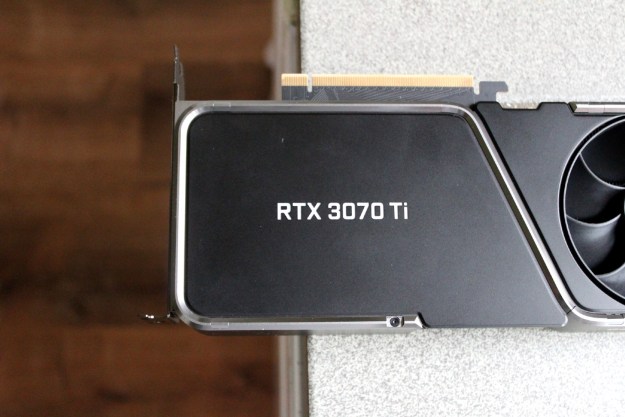Earlier this week, peripheral manufacturer Input Club launched a Kickstarter project for a mechanical keyboard that features a built-in artificial intelligence that adapts its response to typists’ behavior. The new offering, known as the Keystone, is compatible with Windows, MacOS, and Linux devices, and uses the A.I. in its firmware to learn from consumers’ unique typing habits and adjust the responsiveness of each key to improve the accuracy of the keyboard overall.
The Keystone keyboard relies on the magnetic actuation register mechanisms under the keys to measure the per-key actuation point patterns that typists generate by using it. Because keypresses are actuated magnetically, the peripheral is able to measure the force, or even simply the distance, of a key depression by measuring the change in the relative strength of the magnetic field. Once the keyboard has been used for “a few hundred presses,” it is able to analyze the collected data and start making actuation point adjustments to accommodate typist-specific quirks like using more force with certain fingers.
In their Kickstarter pitch video, Input Club notes that the Keystone is intended for more than just simple word processing, but is versatile enough to improve the workflow for creative work like audio or visual editing, and even for the traditional stronghold of mechanical keyboards, gaming. The Keystone will debut with companion management software called “HID-IO” which will allow consumers to set hotkeys. Specifically, Input Club touts the combination of this HID-IO feature with the hardware’s ability to register half-presses (i.e. a lower actuation force threshold on a key) to map key combinations to half-presses. The launch video also showcased dynamic brush size adjustment in a visual editor, in which the degree of key depression changed the brush size on a sliding scale as the key was gradually pushed and released.
The direct integration of A.I into a hardware input device like a keyboard makes for a novel concept, but as the project was only recently launched, its actual impact on typing performance remains very much to be seen. The biggest test the project will face will likely be the companion HID-IO program, since that’s what will make or break the customization features. While it’s easy to imagine that HID-IO will accommodate popular creative software like Adobe’s suite of tools for the custom keypress mapping, software that is more off the beaten path may get neglected. And given the wide array of game developers and platforms out there, there will ostensibly be limited gaming support for HID-IO right off the bat. On top of that, even where there is support in HID-IO for a given game, adding another layer of software between your keypresses and your game may introduce the kind of lag that many gamers chafe at.
Finally, the way the HID-IO software handles profiles for word processing optimization will enter the equation as well. For instance, whether it can accommodate multiple profiles, or the degree to which it can adjust a for changes in a single profile over time or across use cases, will have a big impact on how useful the A.I. proves itself. And, of course, there’s the tactile feel of the keyboard itself — there are enough veteran players in the peripherals market that make well-received keyboards that a new entrant may not easily squeeze in.
And as always, because it’s a Kickstarter project, we have to warn you about the inherent risks involved.
Editors' Recommendations
- This is the best gaming keyboard I’ve ever used — and you’ve never heard of it
- I hate low-profile keyboards, but Asus’ latest has converted me
- HyperX just made your next favorite gaming keyboard
- Asus just embarrassed everyone with its new gaming keyboard
- I can’t believe my favorite new keyboard came from a phone company




